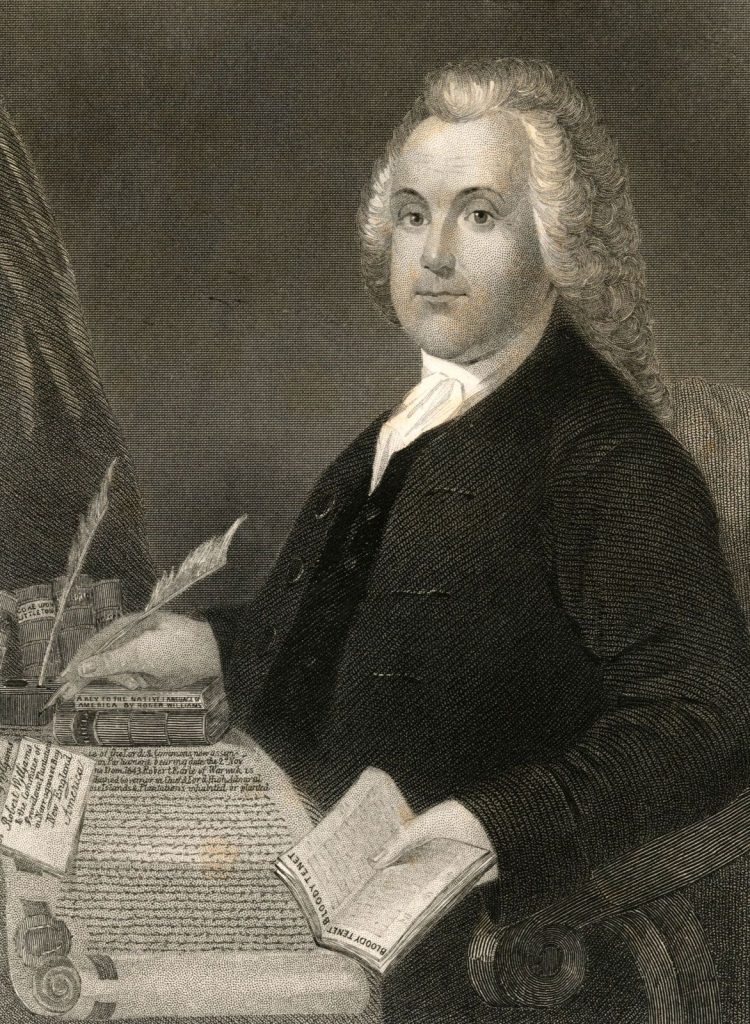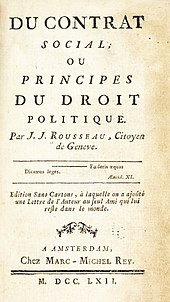
Greg Marcar is a research affiliate at the Centre for Theology and Public Issues (CTPI), University of Otago (New Zealand), where he is also a teaching fellow within the Theology program. This post is based in part on his chapter “Doubtful Civil Belief: Or, Tolerating One’s Damned Neighbours with Jean-Jacques Rousseau,” in Security, Religion, and the Rule of Law: International Perspectives (Routledge 2023).
Introduction
It has become clichéd—though no less accurate—to point out that we live in divisive times, with disparate societal groups becoming increasingly intolerant toward one another. In a 2016 interview, American social psychologist Jonathan Haidt postulates that the level of socio-political civility society within countries such as the United States has reached its lowest point since the nineteenth century.[1] This is not to claim that the depth of current social malaise is unprecedented. As Teresa Bejan (whose work is discussed below) notes, the conceptual ancestry of “toleration” discourse itself may be traced to a much more fractious point in history: namely, fifteenth-century Europe.[2] This caveat notwithstanding, it seems an apropos time to revisit an old political and philosophical issue: how should society and the State approach the issue of diversity in peoples’ fundamental beliefs? This is important because the identitarian flavor of today’s incivility/intolerance perhaps more closely resembles the religious dissension of the fifteenth century than we like to admit.

In her excellent work Mere Civility,[3] Bejan seeks to interrogate the concept of toleration and its normative character. Bejan takes the title of her work from the seventeenth-century Puritan minister and theologian Roger Williams (c. 1603–83), whose views on civility and toleration she champions. Williams viewed society as akin to a ship, on which passengers with “discordant views” and engaged in “heated disagreements” must, nevertheless, find ways of coexisting with one another, including “people and views one finds most contemptible.”[4] As Bejan surmises in her introduction, Williams “viewed evangelical liberty—including conscientious incivility toward those one regards as damned—as an essential element of free exercise.”[5] From this Rogerian perspective, Karl Popper’s famous “paradox of toleration” is mistaken: toleration (qua “mere civility”) can—and should—tolerate the intolerant.
Trust, Toleration, and Theologies of the Damned
Bejan’s work presents a compelling case for taking seriously the normative value of extending a minimal toleration toward all, including those to whom we are most ideologically or religiously opposed. An interesting counter perspective to this may be found in the eighteenth-century French philosopher Jean-Jacques Rousseau. Toleration requires trust; trust requires a minimal sense of security. This provides a backdrop from which to examine one of Rousseau’s understudied exceptions to toleration: namely, his striking and provocative claim in The Social Contract—as well as in Julie and Emile—that those who believe their neighbours to be damned by God must (pace Bejan’s Roger Williams) be expelled from the State.

To better understand this starkly stated injunction to intolerance, a brief detour into theology and what I have called the “(im)moral anthropology of the damned” is necessary. Within sixteenth-to-eighteenth century Calvinism, the demarcation of human beings into “saved” and “unsaved” implies two essentially and qualitatively different moral classes. Those who are predestined for damnation do not simply become different; within this theology, they are created differently by God. Such a belief in others’ essential metaphysical and moral difference fundamentally undermines human solidarity and trust—and hence also security and toleration.
At first glance, it might seem that Rousseau thus advocates a homogeneity of beliefs that would be unconscionable for many today. Against this, I argue that what Rousseau actually rejects is not belief in the damned per se but confidence in their demarcation; that is, rather than prescribing or excluding doctrinal beliefs, Rousseau insists on epistemic humility about others’ salvific status. In some respects, this perspective lies adjacent to one recently put forward concerning basic human equality. In his work on “respect and the basis of equality,” Ian Carter proposes that “when an agent is laid bare . . . our respect for that agent depends on . . . taking the agent as given and refraining from ‘looking inside.’”[6] Our commitment to the moral equality of human beings depends on refraining from probing too deeply into, or drawing certain conclusions about, others’ inner makeup.[7] The Rousseauean perspective I explore complements this stance. The belief that others are predestined for damnation contradicts any notion that all human beings are essentially equal—or perhaps even comparable—in their moral status. To protect a commitment to basic human equality, it is therefore necessary to advocate against certainty in evaluating others’ soteriological destinies. Only in this way, it might be suggested, does socio-political civility—whether “mere” or otherwise—become feasible.
References:
[1] Episode 43, Speaking of Psychology: How Politics Became So Uncivilized, with Jonathan Haidt, PhD, Podcast, Am. Psychol. Ass’n (31 Oct. 2016).
[2] Teresa M. Bejan, Mere Civility: Disagreement and the Limits of Toleration 20–49 (Harvard Univ. Press 2017).
[3] Id.
[4] Id. at 76.
[5] Id. at 16 (emphasis added).
[6] Ian Carter, Respect and the Basis of Equality, 121(3) Ethics 538, 556 (2011).
[7] See also Christopher Bennett, Intrusive Intervention and Opacity Respect, in Treatment for Crime: Philosophical Essays on Neurointerventions in Criminal Justice 255, 255–273 (David Birks & Thomas Douglas eds., Oxford Univ. Press 2018).
